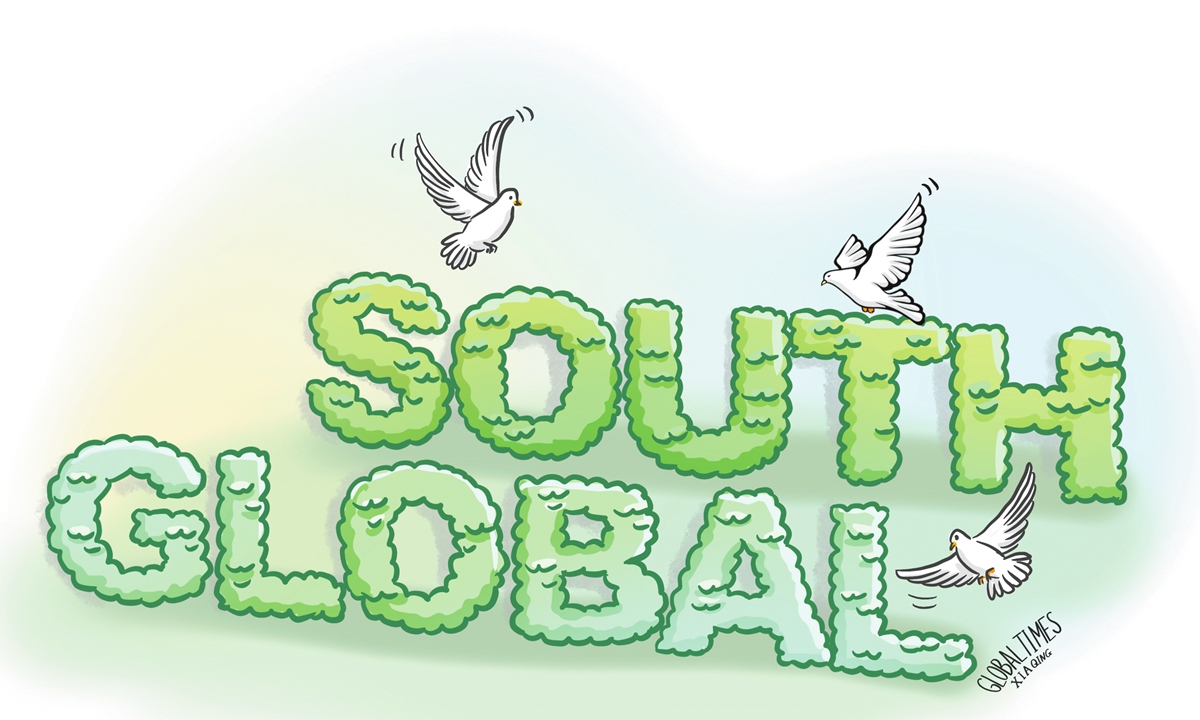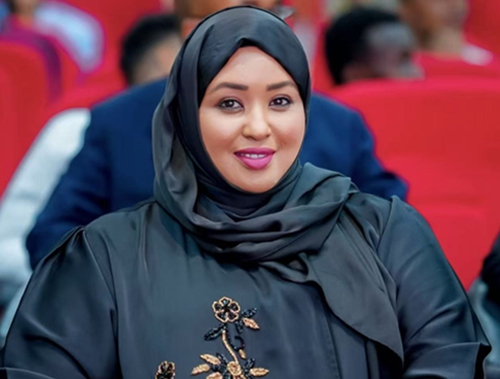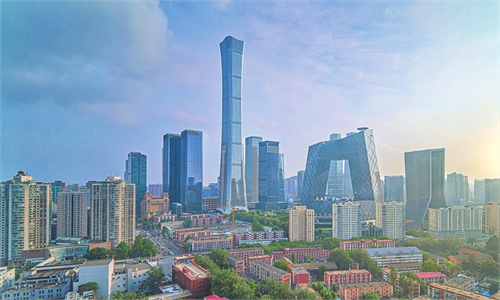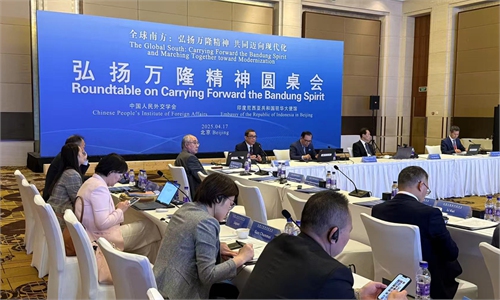
Illustration: Xia Qing/GT
Editor's Note:
Seventy years ago, the Bandung Conference marked a turning point in the global order. Held in Indonesia, it brought together 29 Asian and African nations seeking unity, independence and a new voice on the world stage. The "Bandung Spirit" that emerged - based on solidarity, friendship and cooperation - continues to inspire the Global South today.
In an interview with the Global Times (GT), Hodan Osman Abdi (Abdi), the Somali Ambassador to China, praised the relevance of Bandung's principles in today's context. Under the influence of the "Bandung Spirit," she highlighted China's multifaceted role that offers Global South countries a space to engage on equal footing.
GT: How do you think cooperation among Global South countries today reflects the "Bandung Spirit"?
Abdi: As the Somali Ambassador to China, I believe the "Bandung Spirit" lives on through the growing solidarity, mutual respect and shared aspirations among countries of the Global South. Today, this cooperation is no longer just about political alignment; it is increasingly focused on co-development, mutual capacity-building and asserting collective agency in global governance.
The "Bandung Spirit" emphasized equality, non-alignment and anti-colonial solidarity. In today's context, we see that spirit reflected in South-South cooperation frameworks, where countries like Somalia and others in Africa are working with fellow Global South partners - such as China, Brazil, India and Indonesia - not from a position of dependency, but from one of shared experience and common purpose. Whether it's infrastructure development, education exchange or digital transformation, the Global South is forging its own path, anchored in partnership rather than prescription.

Hodan Osman Abdi Photo: Courtesy of Abdi
GT: China advocates for "building a community with a shared future for mankind." Do you see it as an extension of the "Bandung Spirit"? What role can China play in promoting development and cooperation within the Global South today?
Abdi: Absolutely. China's concept of "a community with a shared future for mankind" resonates with the principles laid out in Bandung. It is an evolution of that original spirit - emphasizing inclusivity, respect for sovereignty and collective progress. What makes this concept powerful is its emphasis on mutual benefit and global responsibility.
China's role in the Global South today is multifaceted. Through the Forum on China-Africa Cooperation, the Belt and Road Initiative and the Global Development Initiative, among others, China is providing alternatives to traditional aid and investment models. For countries like Somalia, these partnerships offer not just infrastructure and investment, but also opportunities for technological exchange, vocational training and human capital development.
More importantly, China provides Global South countries a space to engage on equal footing, free from historical power imbalances. That is essential for building trust, fostering innovation and shaping a truly inclusive international order.
GT: As the Global South continues to rise, what kind of cooperative future do you hope to see among its members?
Abdi: My vision is rooted in empowerment, equity and ownership. The future of Global South cooperation must be about moving beyond aid dependency to strategic partnerships that prioritize knowledge-sharing, innovation and co-investment in our people.
For Somalia and many fellow developing nations, the focus must be on investing in human capital - education, health, digital skills - and leveraging our demographic dividend to drive transformation. Cooperation within the Global South should serve as a catalyst for resilience, especially in the face of climate change, health crises and economic shocks.
I envision a Global South interconnected not just by trade or infrastructure, but by a shared commitment to dignity, sustainability and cultural sovereignty. And in this future, I see Somalia not just as a recipient of solidarity - but as an active contributor to a more just and balanced global system.



